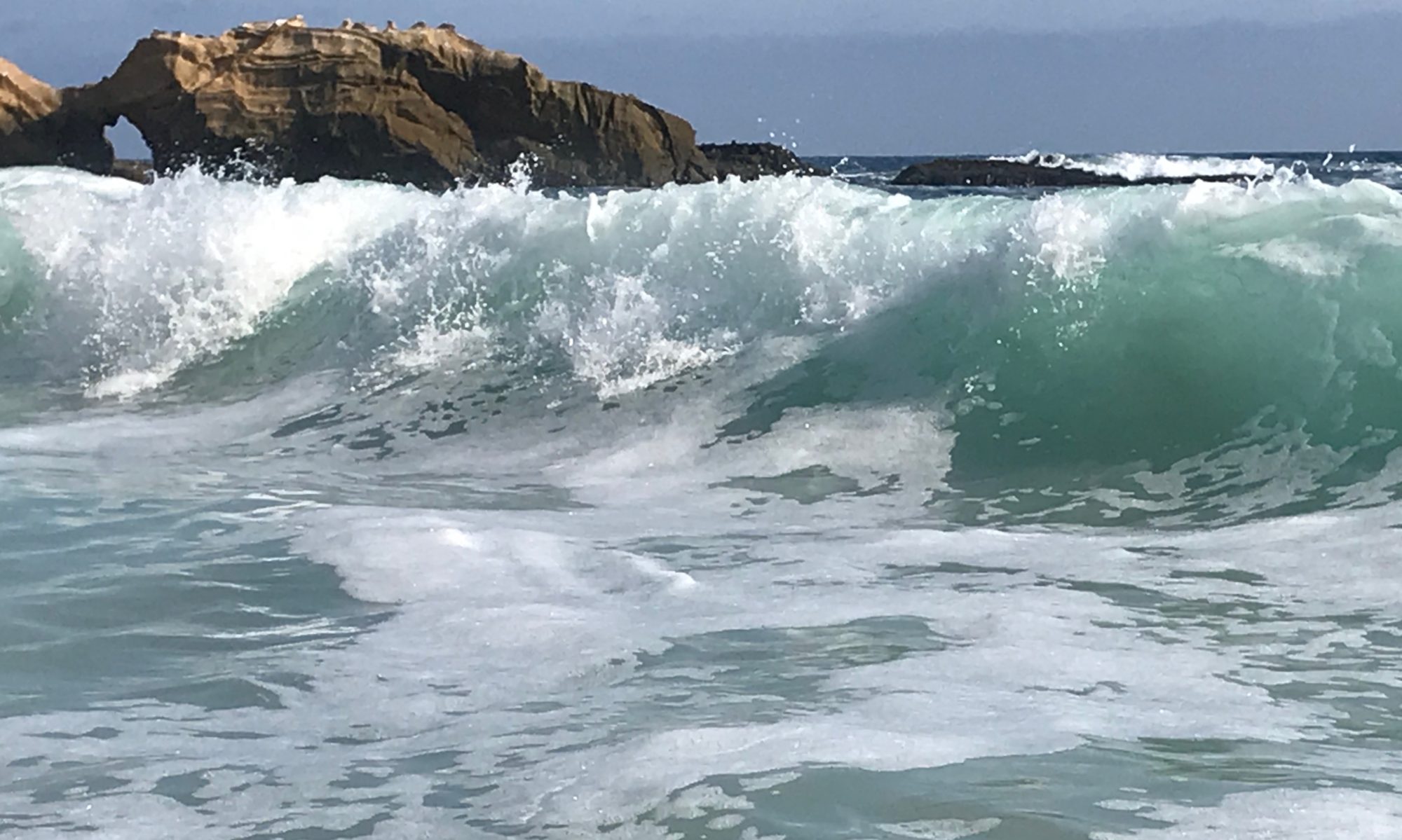As an educator, I have spent countless hours in the classroom, and as a writer I’ve spent numerous hours in front of the computer screen as I try to come up with the right words to describe a scene or a character. I am obsessed with choosing the right word and tend to over-edit anything I’ve written—be it a chapter in my novel, an announcement to my students, or a blog post.
Never did I imagine that I’d be in front of a screen as much as I have been this past year. On March 12, 2020, while teaching a late afternoon class on campus, I noticed that an email from a college administrator had landed in my inbox. With the worry over COVID-19 and the news that other campuses in the area had already shifted to remote instruction, we’d all been checking our phones obsessively during class as we awaited the probable news that our college would soon close due to the pandemic and shift to remote instruction.
When I read that our college administrators had announced we’d shift to remote classes, they might as well have told me that a raging fire was headed straight for the campus and would soon destroy everything in its path. I made a few brief announcements in class and told my students we’d be having class via something called Zoom but that I’d probably see them in our usual classroom on campus a couple weeks after spring break.
“Be on the lookout for some class announcements sent via email once I have more information about the shift,” I told them as I hurriedly packed up my class folder and books as I tried to get out of there as fast as possible. After all, a raging fire called COVID-19 was headed our way.
After I answered a few questions from my students, I rushed to my office and grabbed some of my textbooks—expecting to return to the classroom in a few weeks. I saved some important documents on my flash drive then shut down my office computer. I didn’t think to grab the textbooks I use in my fall semester classes—because surely, we’d all be back on campus after spring break or by the end of April at the latest.
Nearly a year later, we are still having remote classes, except now we have a variety of modalities—hybrid, online, and fully synchronous through Zoom. Always resistant to teaching online, I quickly learned last year that online learning isn’t so bad after all because I realized something: Much of the learning and connecting happens in discussion boards and messages written from me to individual students. In other words, writing can help us connect during this pandemic.
My colleagues and I have spent countless hours learning all we can about teaching online. I took a class to become certified to teach online. My colleagues and I have reached out to one another to share ideas and seek advice. We send each other words of encouragement. What we’ve learned is that remote instruction can work. It has to right now as we get through this pandemic.
Years ago, I knew that teaching writing was my calling. I’ve been a writer for as long as I can remember. Even as a child, I knew that words strung together could form detailed sentences, which in turn could create imaginative worlds with vibrant characters and vivid settings.
Anne Sexton wrote a poem simply titled “Words,” in which she admits, “I am in love with words” and adds that “they are doves falling out of the ceiling.” Yet she also warns us that “Words and eggs must be handled with care.”
As I’ve learned during this past year, words indeed must be handled with care. Saying too much or too little is often a decision I face when reaching out to my students. Early in the semester, as a get-acquainted activity, I have the students write a six-word story. These six words often reveal so much about my students—their fears, their triumphs, their goals.
Years ago, when I was an undergrad student at SDSU, I learned simple advice from one of my creative writing instructors. The professor told us about the French writer, Gustave Flaubert, who coined the phrase “le mot juste,” which means “exact word” or “right word” in French. It’s true that writers are always trying to find le mot juste when they write. For me, words enable me to connect with others—be it in the novels I write or through the posts I make in class discussion boards or to students in private messages through our class site.
Although I sometimes miss the energy I feel in the classroom, I’ve discovered that words can bridge the distance between me and my students. Until we can safely return to campus, we will continue with remote instruction, and I look forward to connecting with more of my students through these words on the screen.

